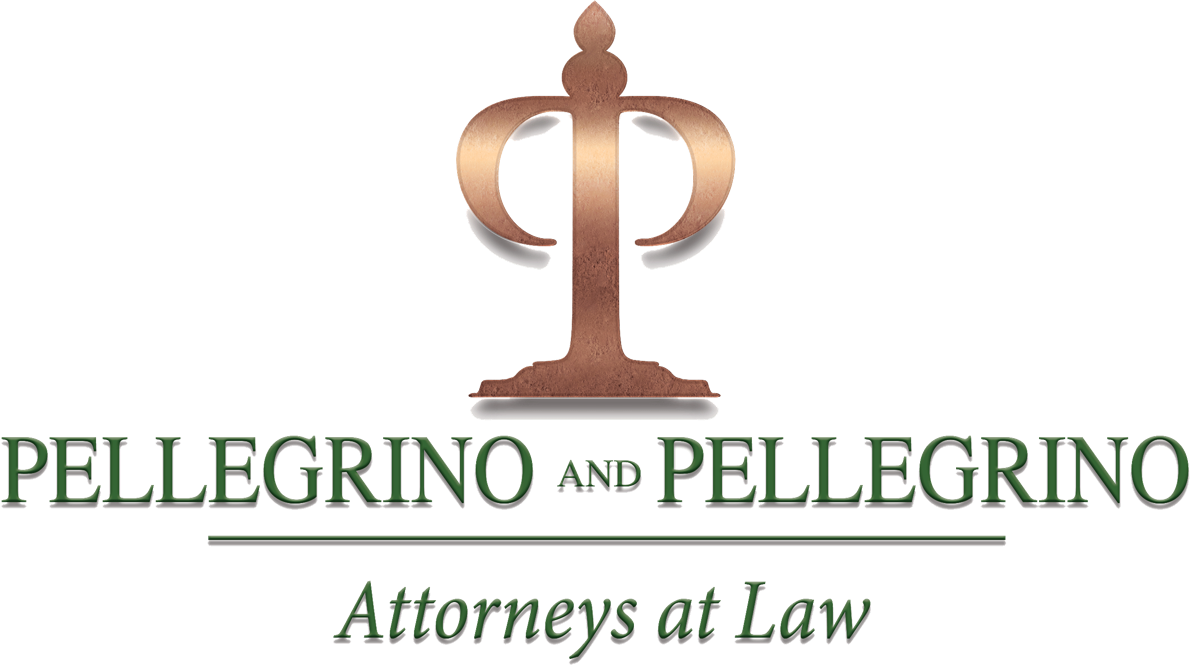Family Law and Divorce Lawyer serving Connecticut
built on Compassion, Guidance and Results
Dealing with a family law matter is difficult for many reasons. We understand how emotional these matters can be for everyone involved. We are committed to you and your family. Our goal is to identify a process that works best for you and your situation and work towards achieving the desired outcome, while walking you through the options at each stage of the process.
There are three different options for resolving your matter:
Litigation
Meditation
Collaborative
Having more than one option to choose from allows each person or couple to choose the option that best suits their particular circumstances. Mediation and collaborative methods allow clients to work in a more cooperative environment to resolve issues. By doing so, the clients have more control over the decision-making process and can significantly reduce the costs compared to the tradition litigation approach. Attorney Pellegrino will meet with you to discuss your circumstance and together, you can decide which option is best for you.
Some of the areas in which we can help include...
DIVORCE
LEGAL SEPARATION
PROPERTY DIVISION, INCLUDING COMPLEX MATTERS
POST-JUDGMENT MODIFICATION ORDERS AND ENFORCEMENT OF CURRENT ORDERS
CHILD CUSTODY AND CHILD SUPPORT, INCl. UNMARRIED PARENTS
PARENTING PLANS
ALIMONY
DOMESTIC VIOLENCE / RESTRAINING ORDERS
PATERNITY
PRE & POSTNUPTIAL AGREEMENTS
GRANDPARENTS' RIGHTS
Frequently Asked Questions
+ What is the difference between a mediated and collaborative divorce?
In mediation, the mediator meets with the two parties to identify and negotiate the issues involved in the particular matter. The mediator is a neutral participant who does not represent either spouse or parent and therefore, cannot provide either party with legal advice. The mediator facilitates the negotiations and identifies the issues which need to be addressed in the final document that will be submitted to the court.
Collaborative divorce is a multi-disciplinary approach where each party has a lawyer. Mental health professionals and financial professionals may be involved, if needed, in a particular matter. However, the lawyers conduct themselves in a much different manner than if in litigation. The attorneys and clients meet to discuss the concerns, interest and needs of each party. The negotiations involve reaching agreements in a cooperative manner that address those identified interests.
+ What is a legal separation?
The most common misconception about legal separation is that it is a stepping stone to a divorce. A legal separation is the same process, the same time frame and the same cost as a divorce with the only difference being the end result. If you are legally separated, you cannot remarry. The legal separation can be converted to a divorce at a later date as long as the parties have not resumed marital relations in the interim.
+Should you move out of your home?
This is not a simple question. If there are safety issues, then a person should definitely move out of the home. Moving out of the home does not relinquish a person’s claim to her interest in the home, even if that person’s name is not on the title. However, if you want to remain in the home after the divorce is finalized, there are risks that arise from voluntarily moving out of the home at the early stages of the divorce.
+How do I know which process is best for me? Litigation, mediation or collaborative?
It is best to discuss the options with the attorney at your initial meeting. There are benefits and limitations to each method and those should be reviewed in detail before making any decisions. Any concerns or questions can be addressed at that point and the attorney can provide feedback as to what option would be best after discussion of your circumstances.
+ How much will a divorce cost?
The cost of a divorce depends on a number of issues:
- the complexity of the case
- how cooperative the parties are
- which process is being utilized (litigation, mediation or collaborative).
At the end of an initial consultation, the attorney can provide you with an estimate of the fees and costs involved..
+ Can I represent myself?
The short answer is yes. However, family matters can be very difficult and the legal process can be confusing. Lawyers often see the fall-out from individuals representing themselves when it comes time to enforce the agreement. It is then that issues arise because certain provisions are missing. In general, it is advisable to retain an attorney for family matters, especially with long term marriages, complex financial matters, and custody issues to name a few. If you do represent yourself, you should meet with an attorney to review any agreement before entering into court as a final order.

